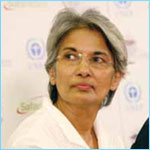My father Bobby, died on Sunday. His was a full, turbulent and eventful life. He was, in the words of my son Aschille, gregarious. I have written about him here already but in July 2022, Athurine Reece organized a celebration of his life at UWI. This below were my reflections on his life as an activist.
In his 89th year, I asked Bobby about the most fulfilling moment of his life.
Without pause, he said it was the Grenada revolution. Bobby is a political person. He talks almost obsessively about how power is secured, and, in whose interests, it is used.
Bobby came of age in the colonial era. Growing up in unequal Barbados, his grandparents lived in Reed Street, and his mother, of the Miller clan, raised him and his 11 siblings in Jack Ma Nanny Gap, later unfortunately renamed Wavell Avenue.
At 16, his father withdrew him from Combermere to take up employment at Cable and Wireless. Yes, an interruption of his education, but with a white-collar job which meant that he could, along with his older siblings, contribute to his mother’s household. That job took him to Dominica.
I am thinking now that this action shaped Bobby and his future. Since then, he has walked his own rough and rocky path, swimming against the tides of respectability, rebelling with, and sometimes without, a cause, rejecting authority, and doing much of what he wanted, when he wanted.
Much of what he wanted, was to use his voice to help people.
He is a hyper-social, extroverted regionalist, committed to the idea of one Caribbean and to the politics of the left, which includes Pan-Africanism. He along with others, tried to make a tradition of commemorating African Liberation Day, to honour our connection to Africa and the common quest for freedom, equality and justice.
Bobby recognises that class and race inequalities keep families and countries in poverty. For him, the way out of economic underdevelopment is through an integrated use of our natural resources amongst Caribbean countries and through active connections between Caribbean peoples and Africa. He admires the Cuban revolution as an example of self-determination and scientific excellence, against the odds.
Bobby sought alliances with Caribbean men within the black power movement. He became an ally in the struggle against Eric Gairy and developed a friendship with Maurice Bishop and others like Kenrick Radix and Alan Alexander.
Because the Grenada revolution represented the best chance of the fulfilment of his dreams, its combusion and the murder of Maurice and the other comrades brought grief.
In the following years, Bobby was down, but not out. He engaged in trade unionism. He was a candidate in elections. I think he understood that he had no real prospects of victory, but he had perspectives to share.
He continued to practice “justice” in courts as opposed to law, about which he can be quite disparaging. He regularly interacts with whoever remains of the Caribbean left. And he remains fervently anti-imperialist in his positions (a rather favourite word of his).
I must acknowledge that Bobby has inhabited a very masculine space, with all its entitlements and consequential fragilities. Like most of his gender and generation, he is less concerned with challenging unequal power relations between women and men, whether in public spaces or in the family. Feminists insist that the personal is political. By that we mean that personal experiences are the result of and contribute to social structures. If we want to disrupt inequalities, that works starts internally.
That too is a lesson from his life.
Now he wonders about the next generations of Caribbean activists. Who is promoting a culture of self-confidence, drawing on the lessons of our history and the resistance of our ancestors? He wonders what is to be done about fuel and food insecurity. He worries about people living in poverty where common resources are controlled for the benefit of the few. He is provoked by stories of corruption. And always, always, he is asking- “what is your position on what we should do for the people of the Caribbean?”
The answers seem elusive given the current triumph of globalised neoliberalism. This generation also does not have the mirage of an alternative which for Bobby’s generation the Eastern Bloc in the Cold war era represented. Social media bring fake news and wake news, non-stop. It is overwhelming. This generation faces existential crises. And it is very difficult to maintain idealism.
But we must practice optimism, believing that our social justice engagement can make a difference. That is one of the lessons of Bobby’s activism. Stay engaged, be outward looking and seek common cause.
That common cause he has made with many.
We all live in states of contradiction. Our lifetime task then is to seek coherence between what we believe in and how we treat ourselves and others.
Bobby has helped many people. And he has remained an advocate for a more just and secure Caribbean.
That after all is an activist life.
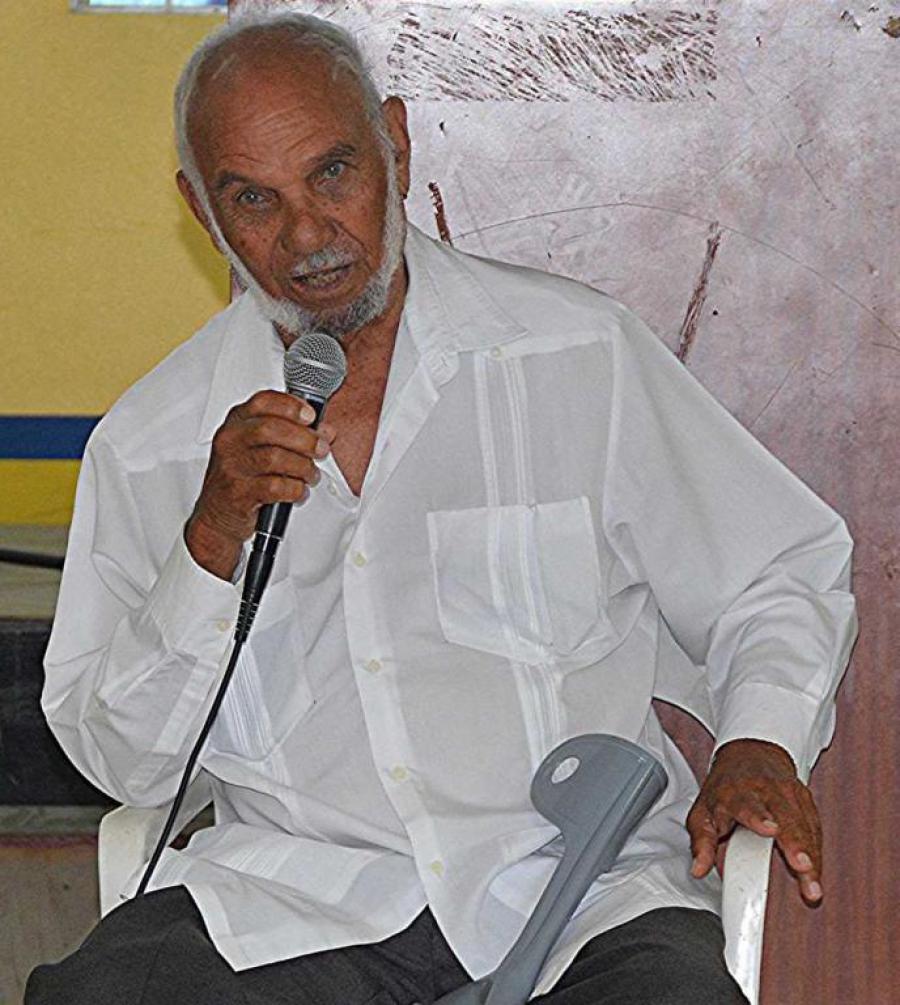
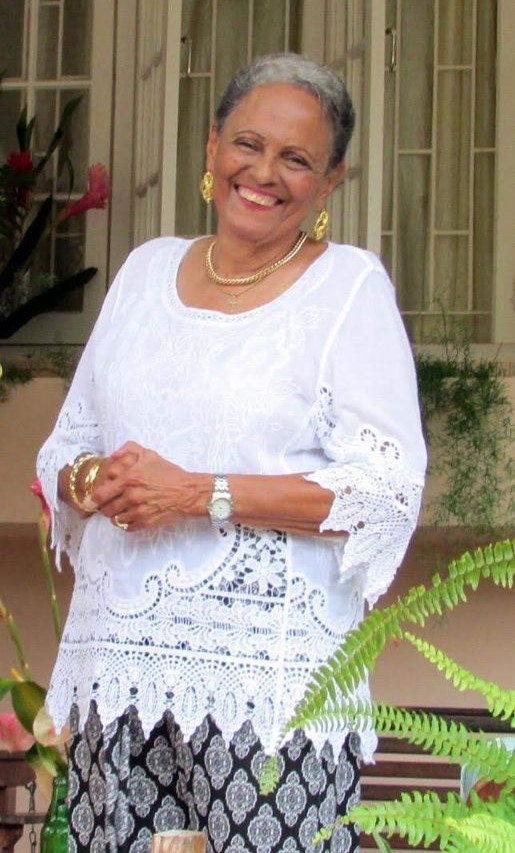

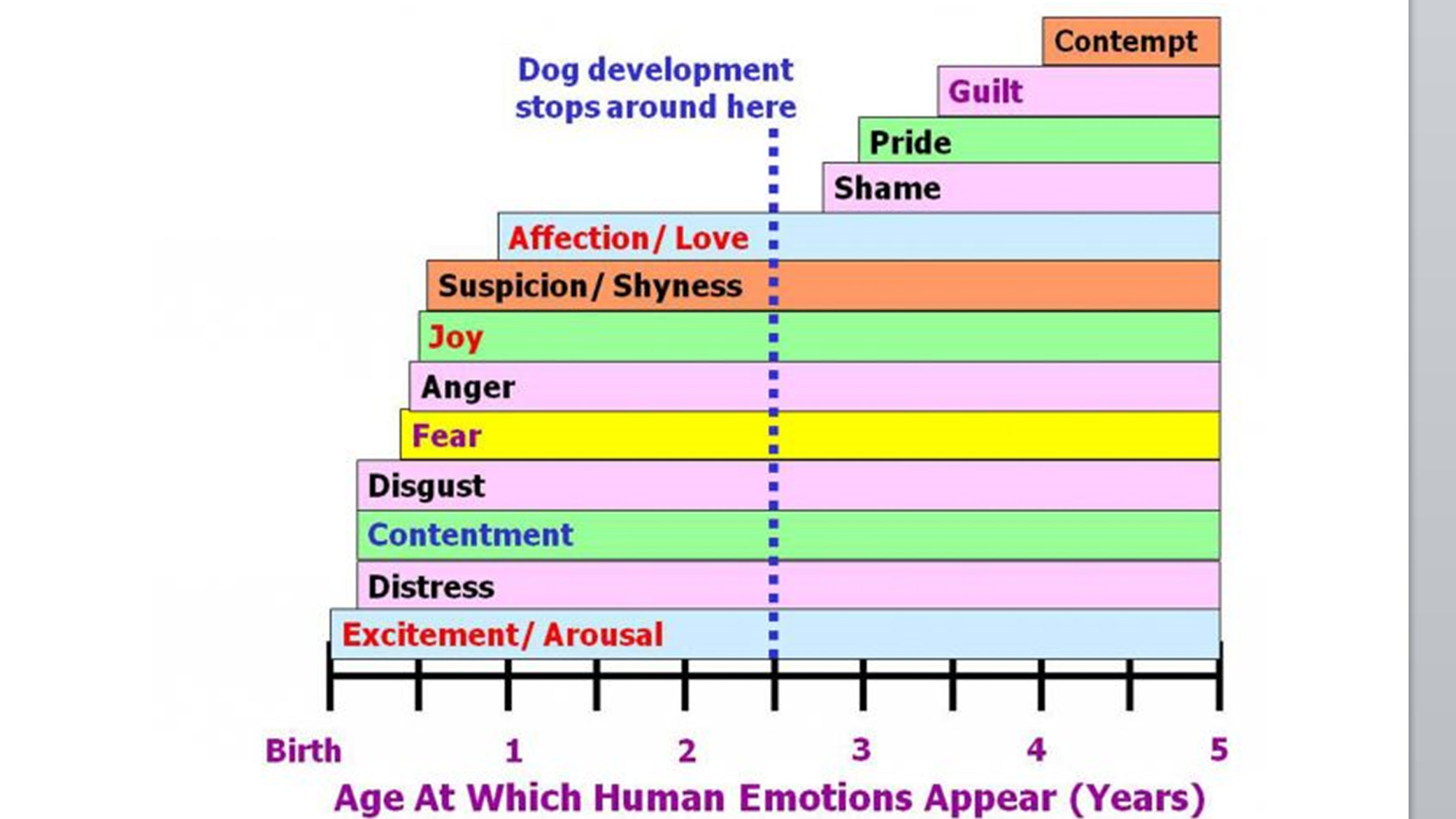
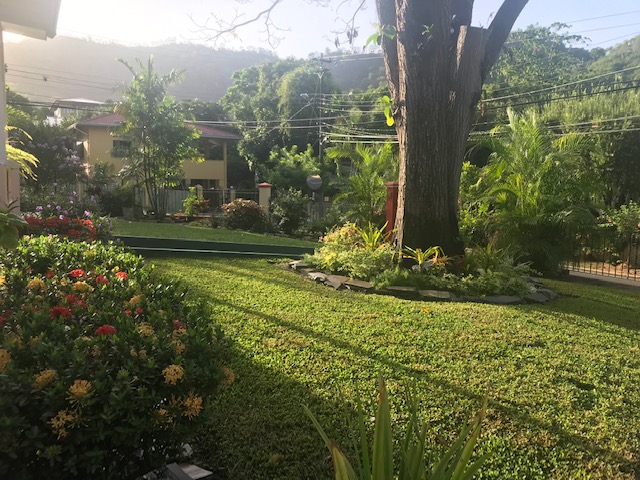


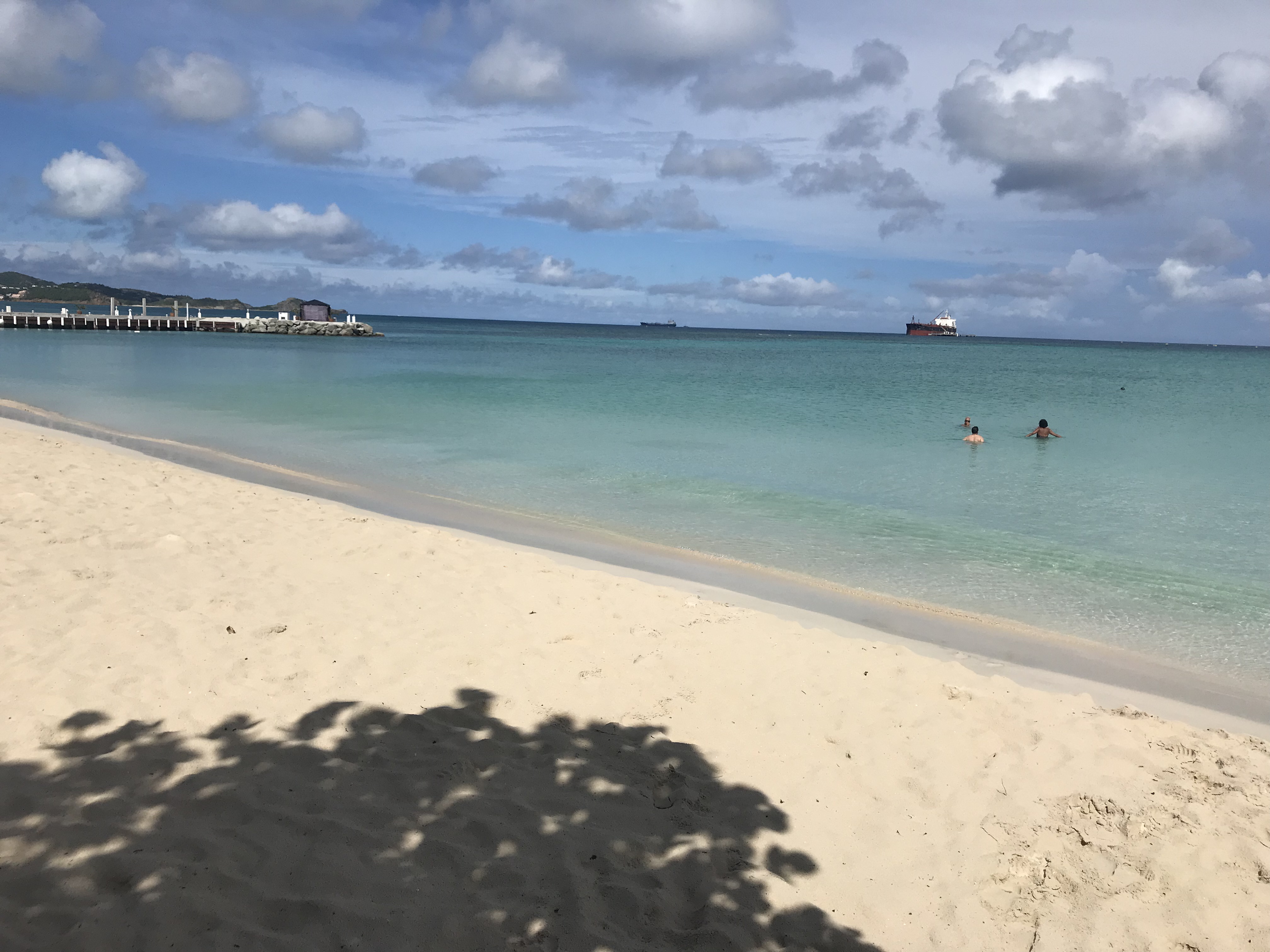

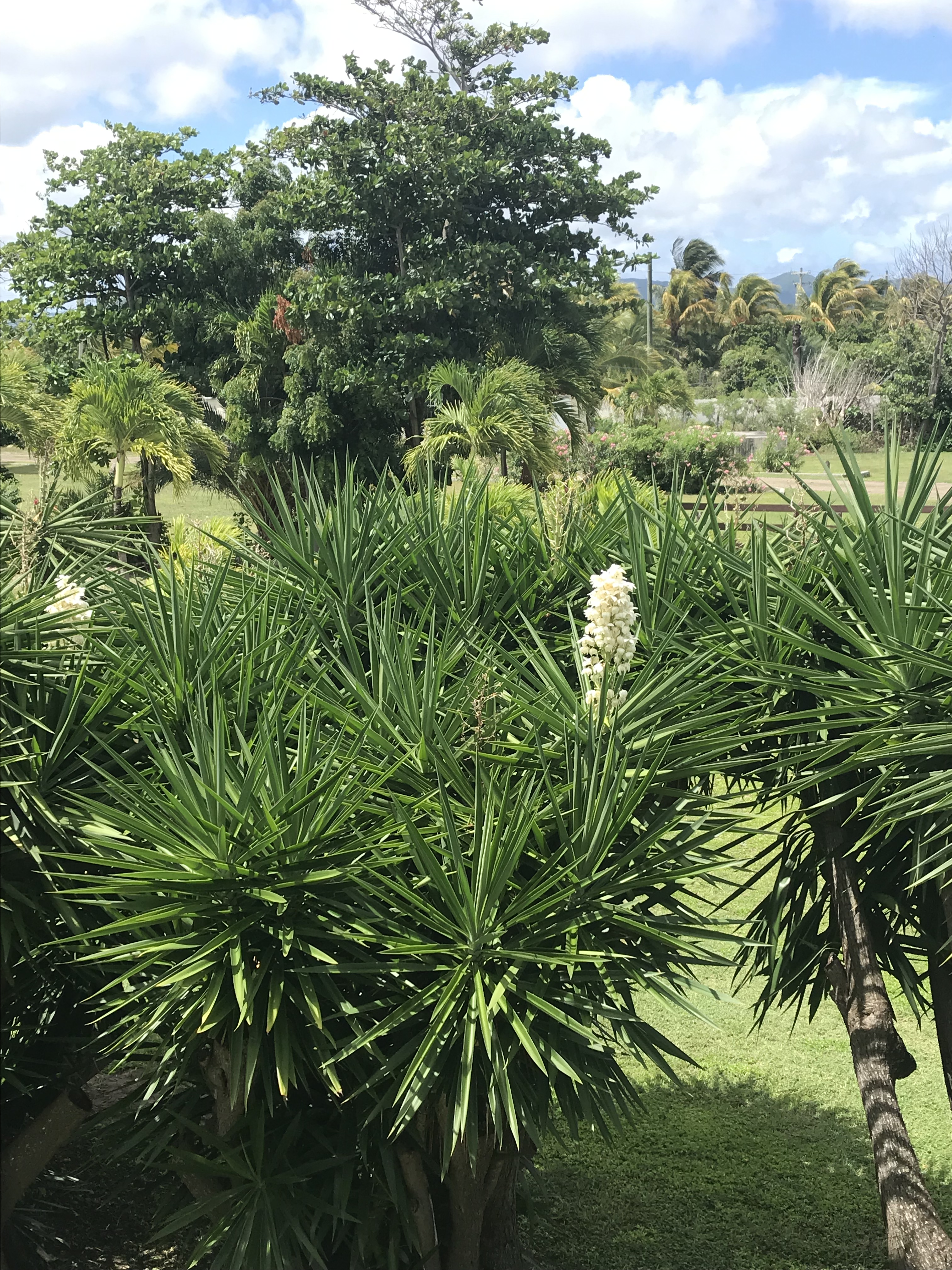
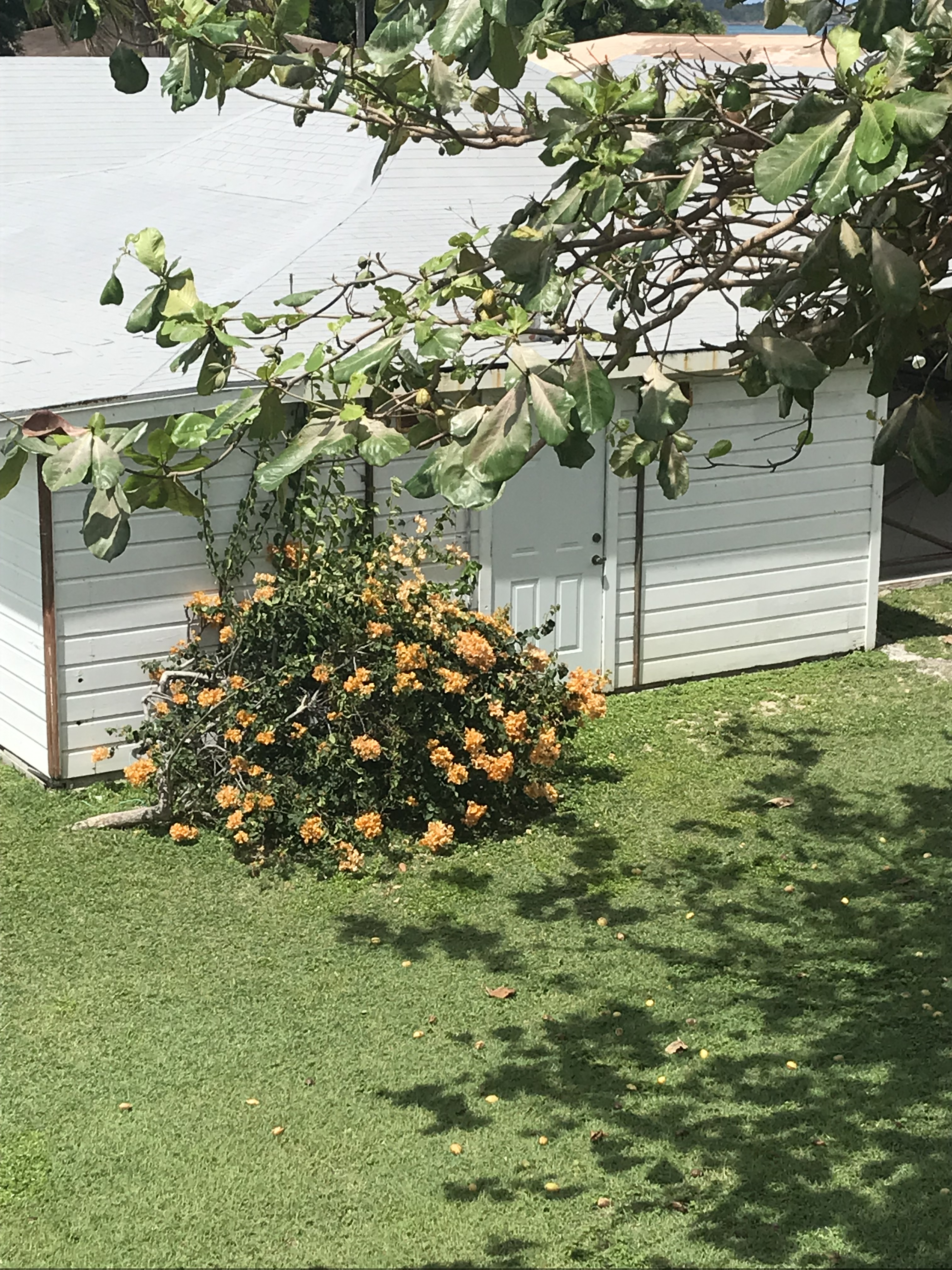
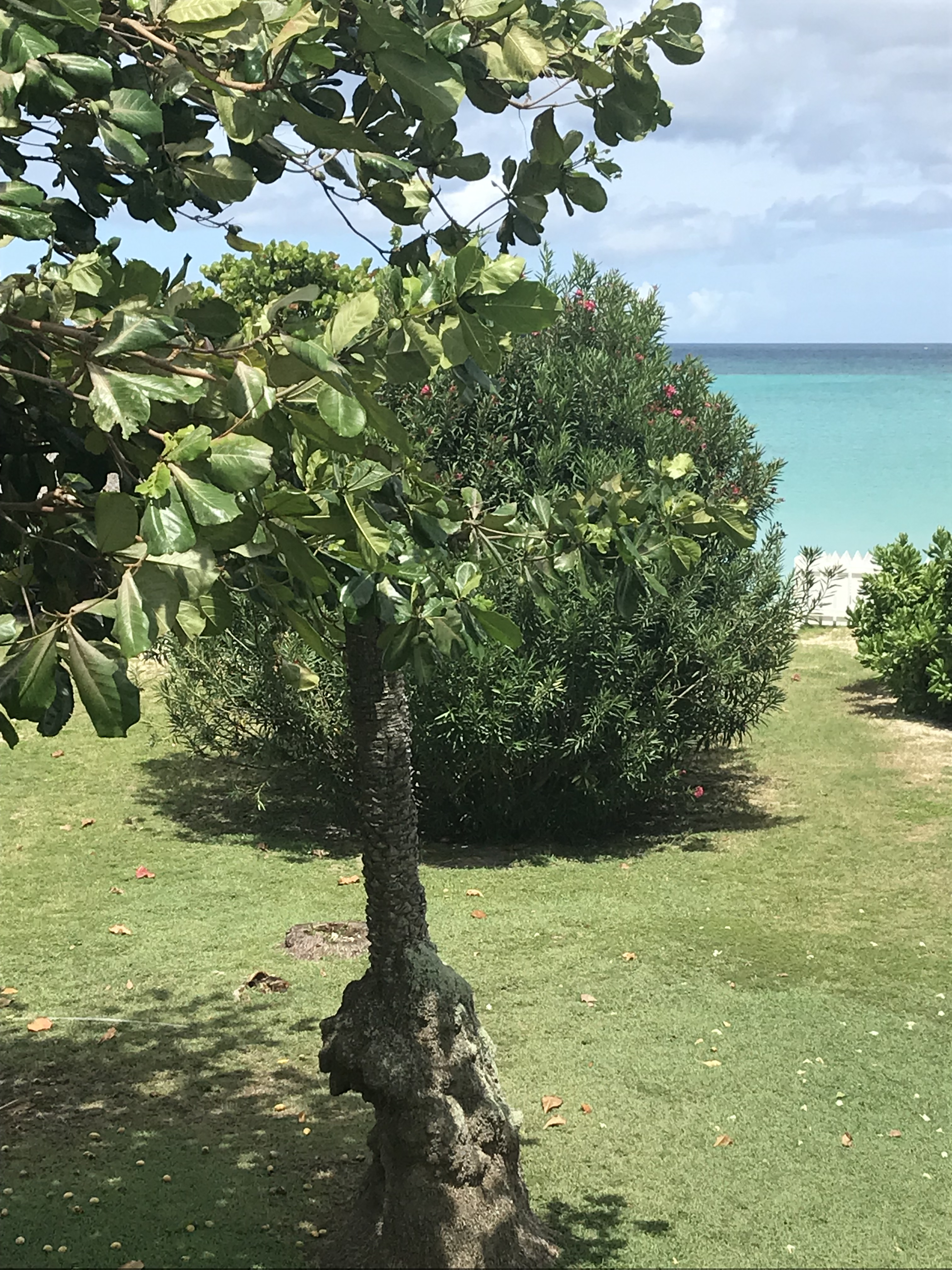
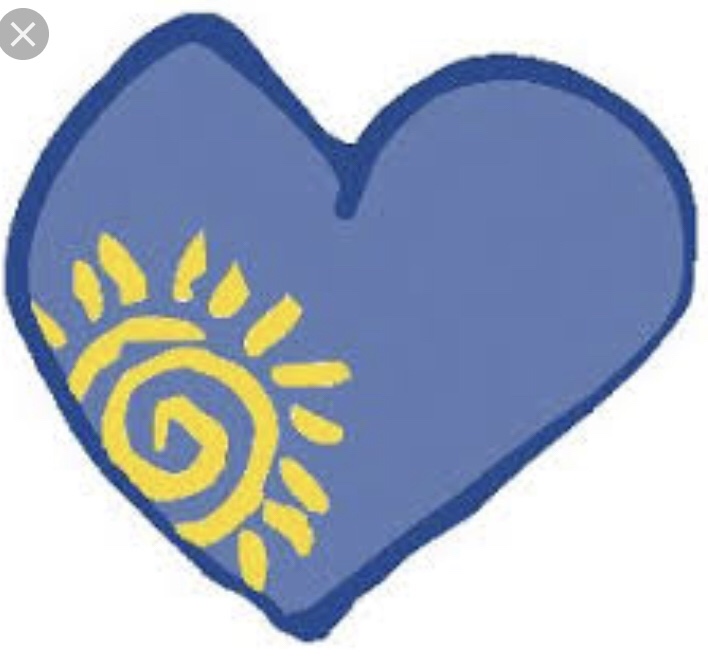 The 9 year old girl from Guyana (JJ), full of cuteness and composure, put on the overhead light when she saw that I wanted to fill out my form. And within the same moment, the teenage boy from St. Vincent and the Grenadines across the aisle, lowered my table. I suppose he assumed that I did not know that this option was available to me.
The 9 year old girl from Guyana (JJ), full of cuteness and composure, put on the overhead light when she saw that I wanted to fill out my form. And within the same moment, the teenage boy from St. Vincent and the Grenadines across the aisle, lowered my table. I suppose he assumed that I did not know that this option was available to me.
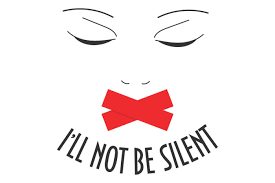
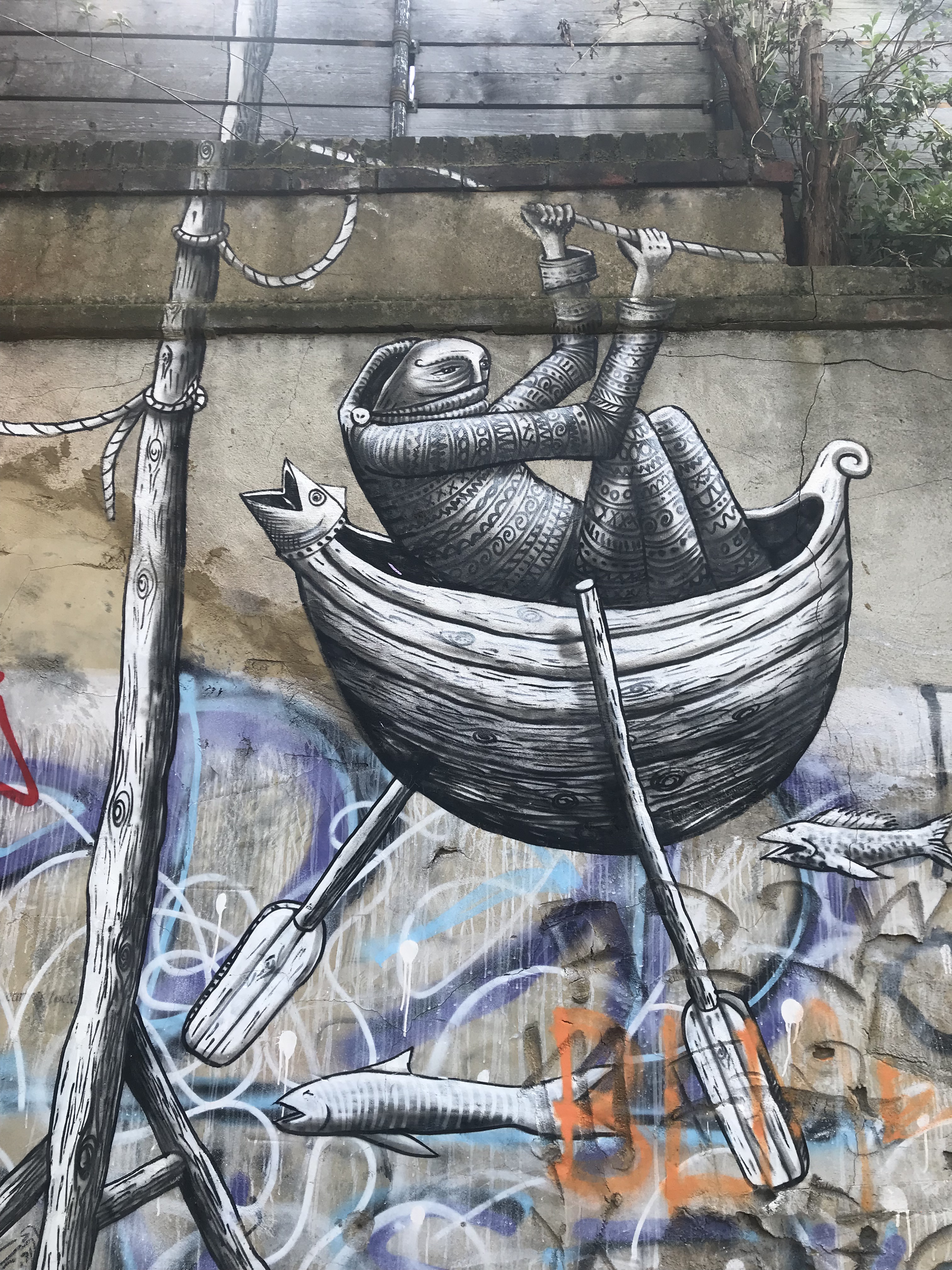
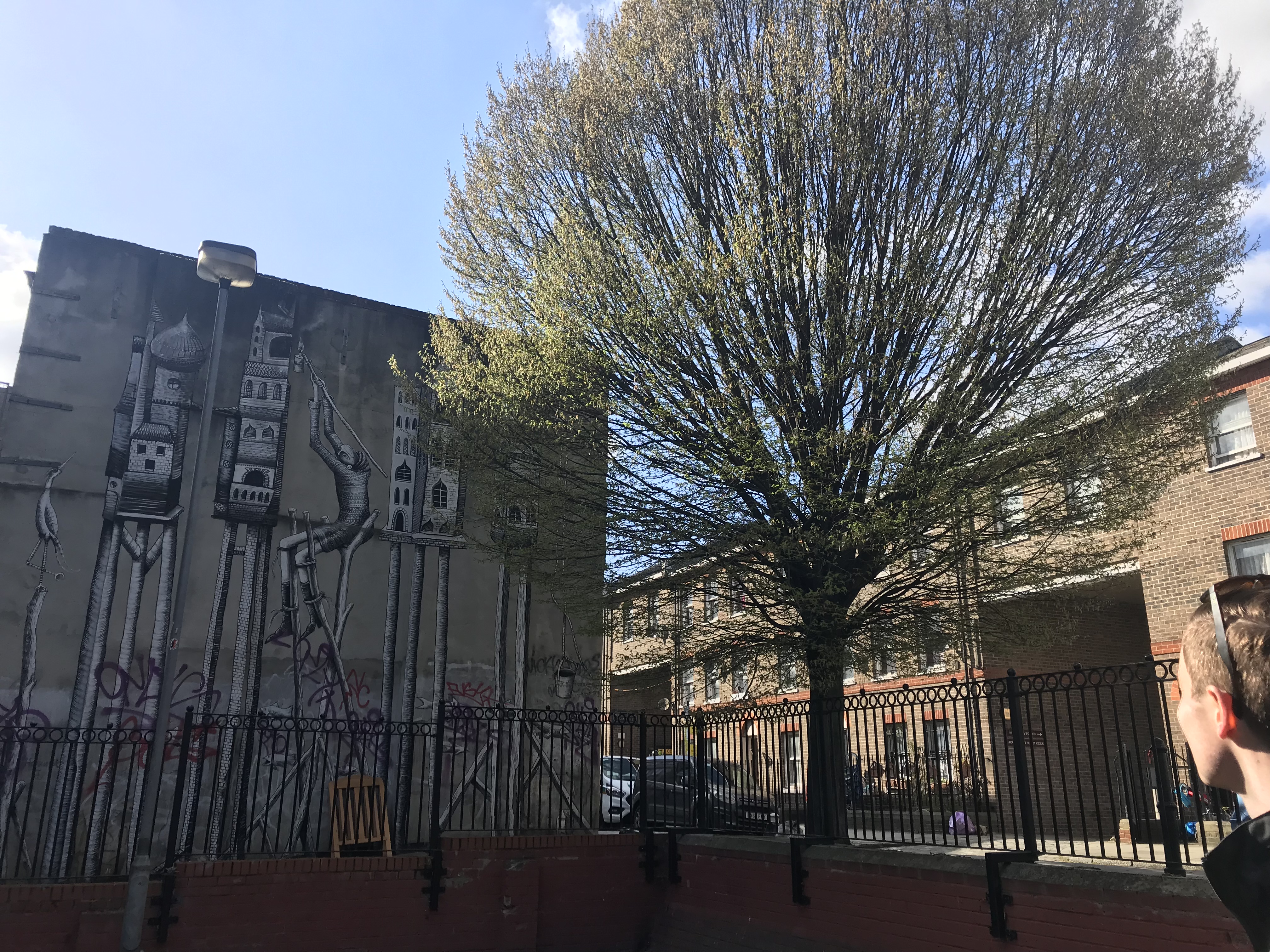
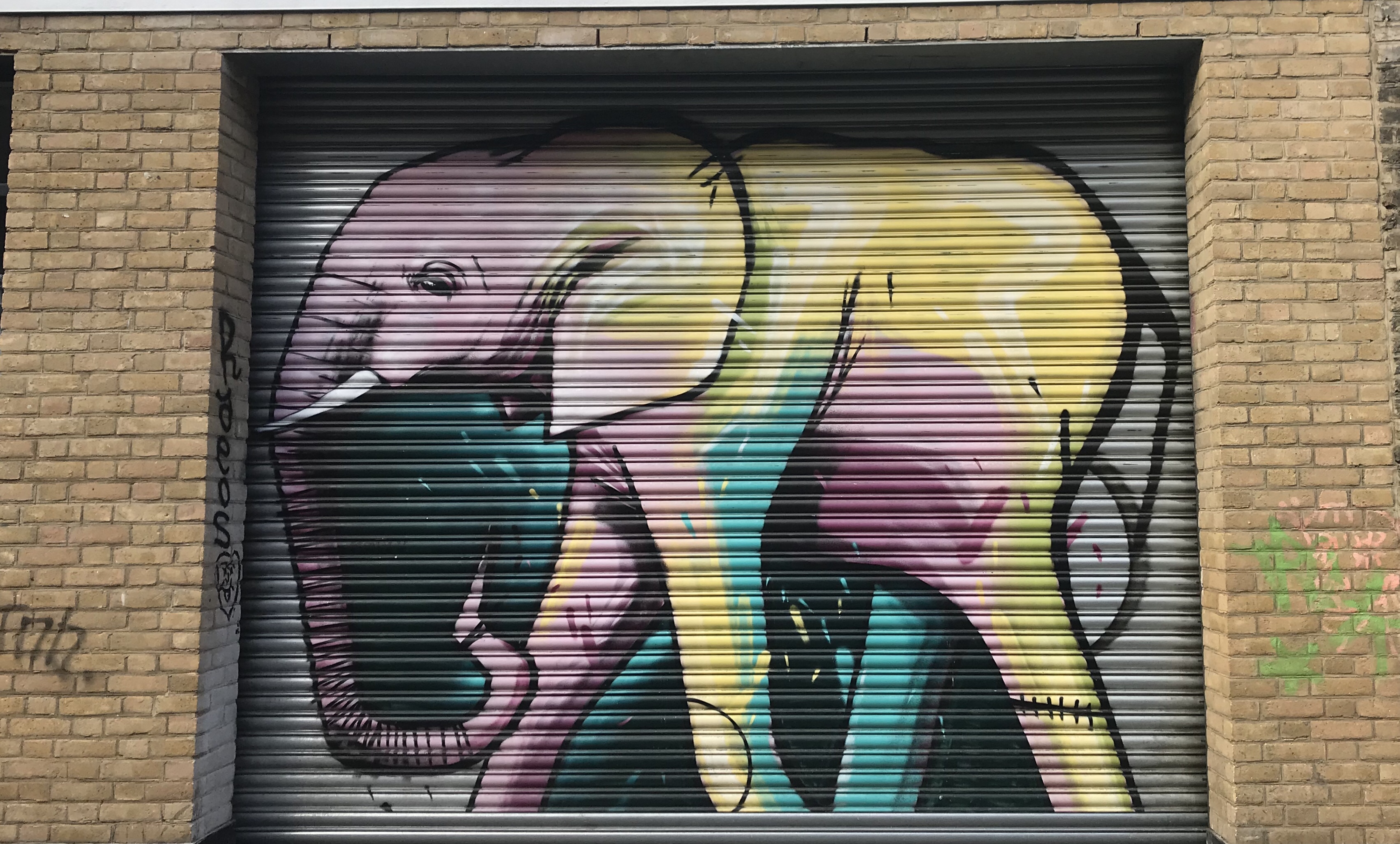
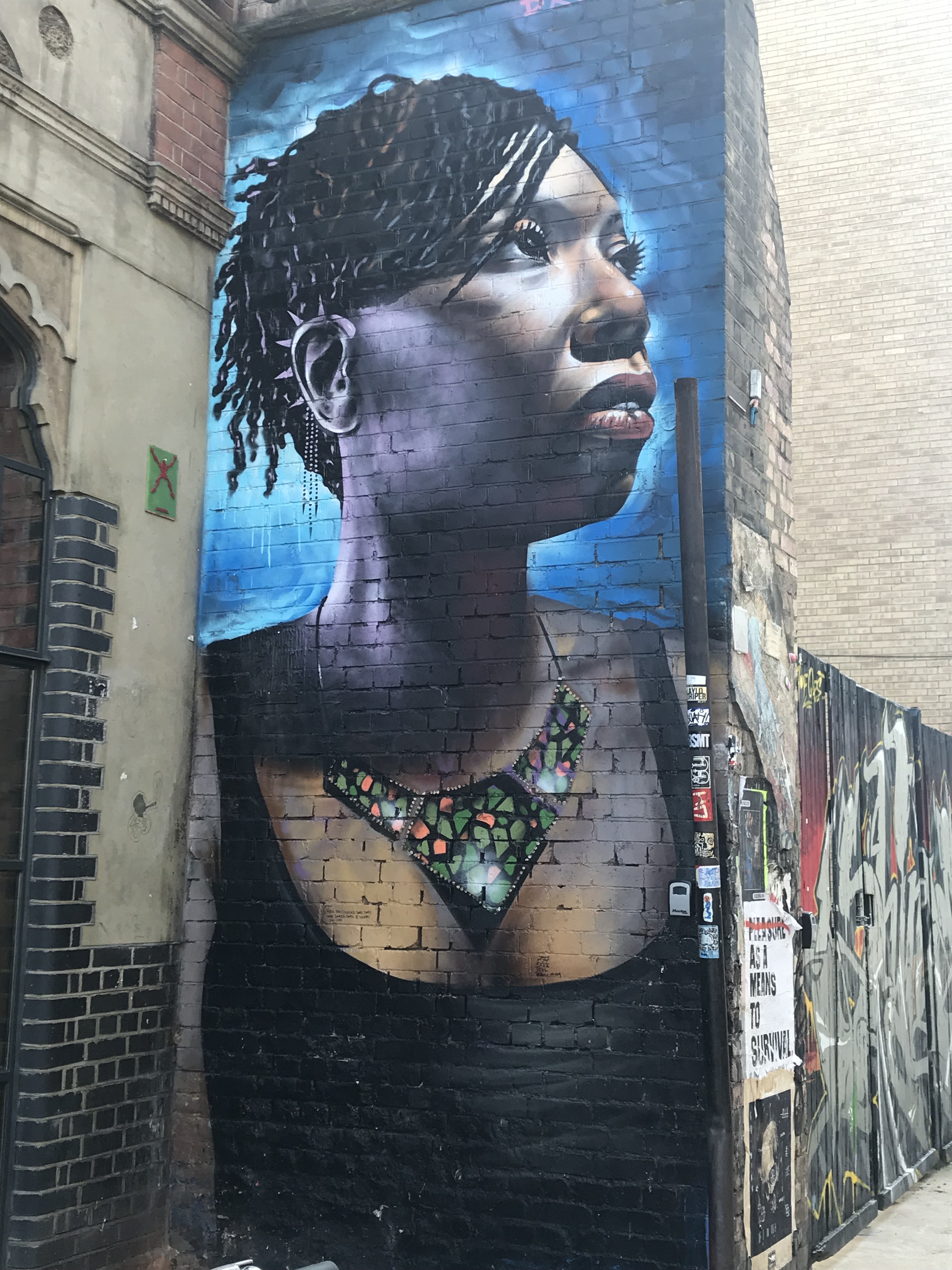
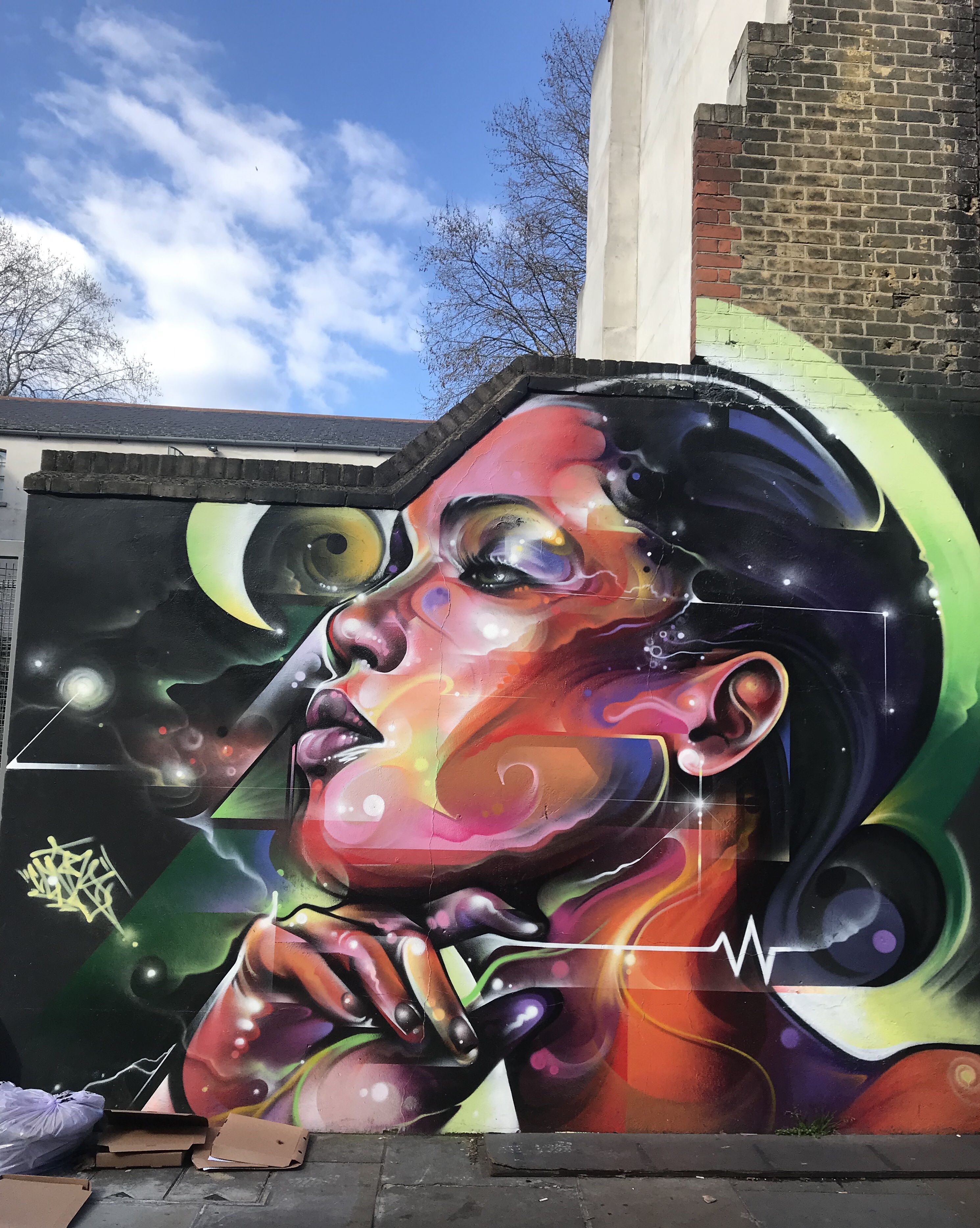
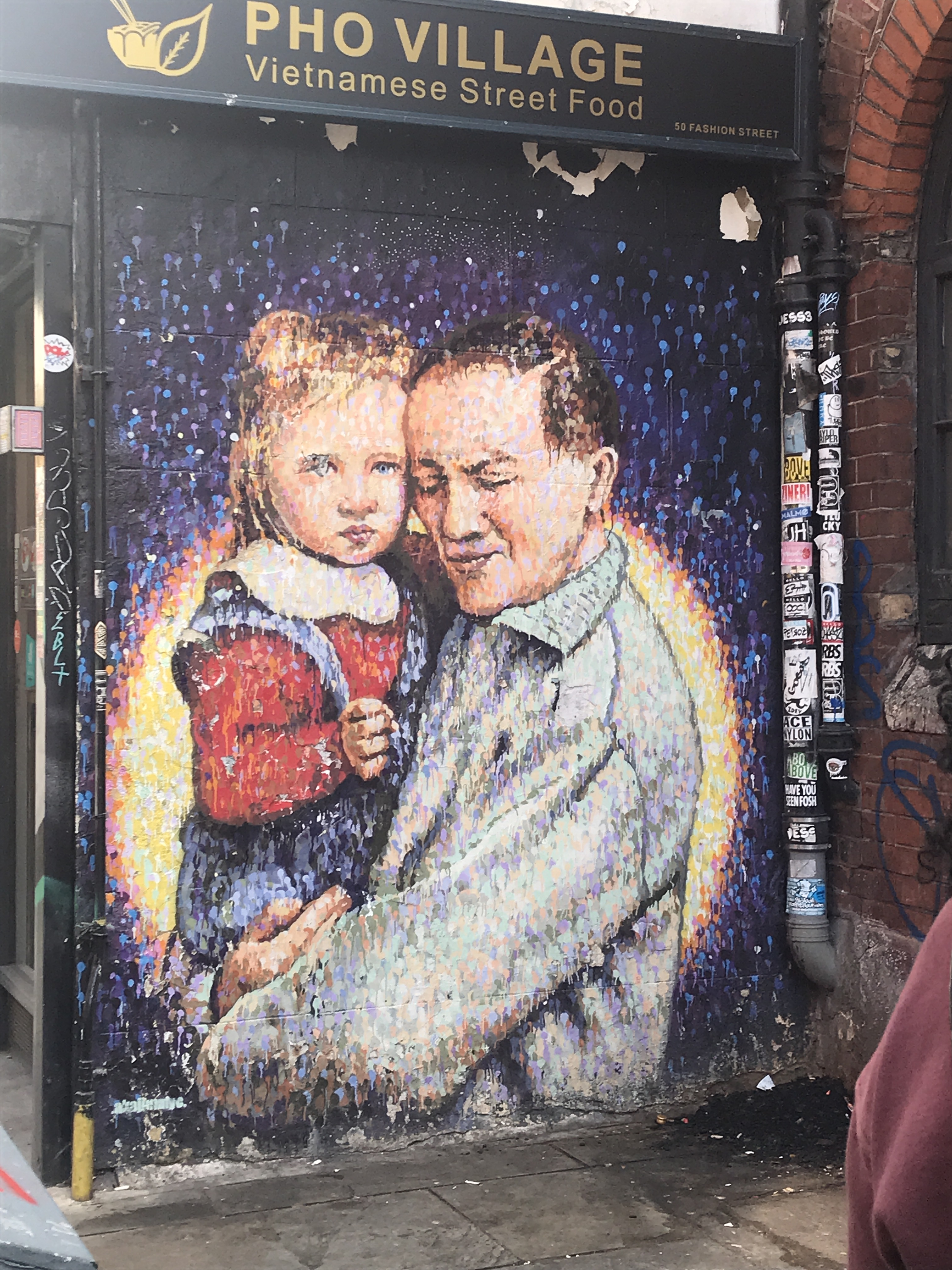
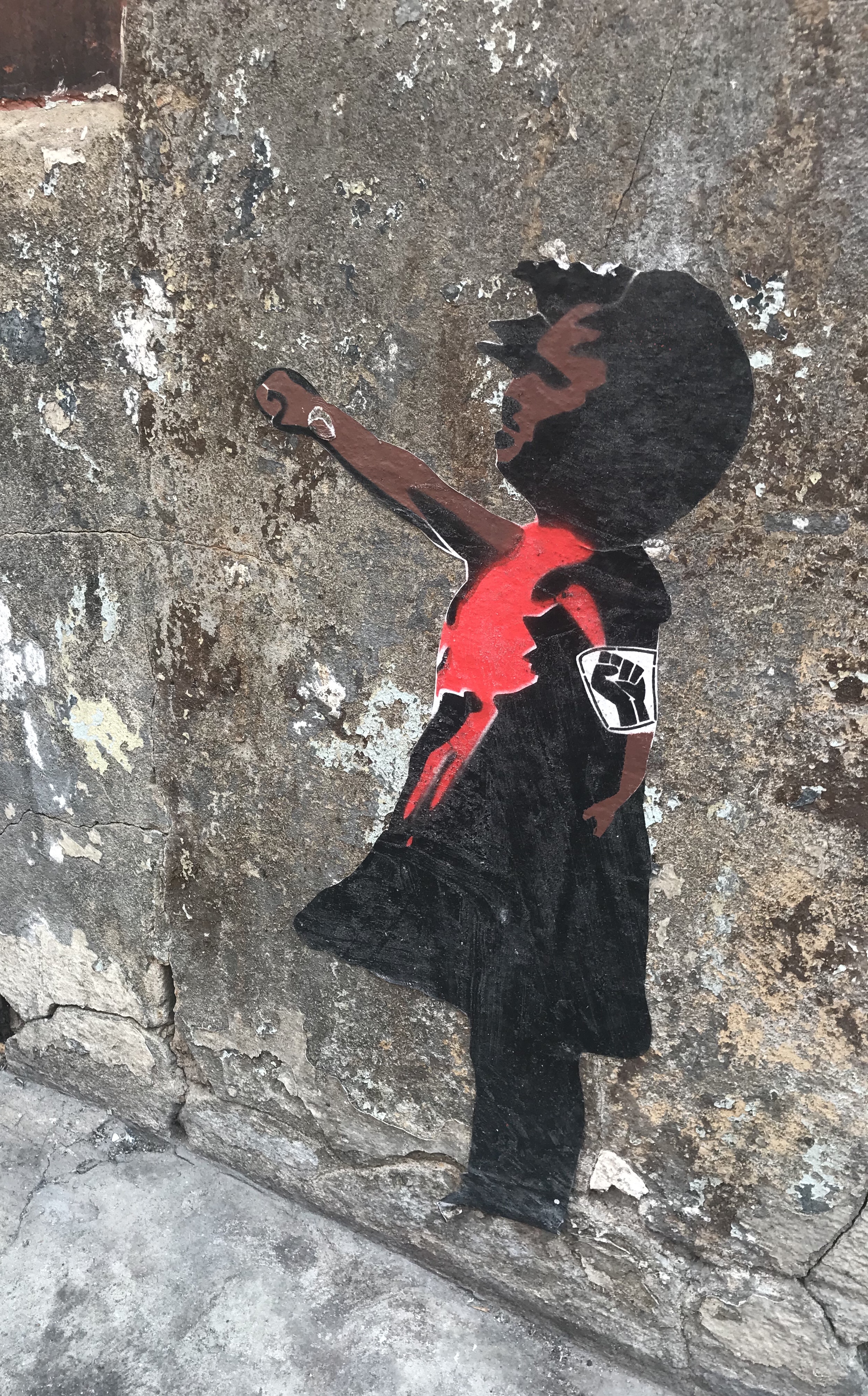
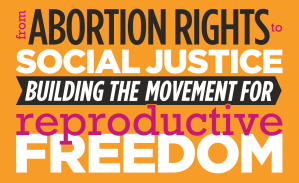

 The 2019
The 2019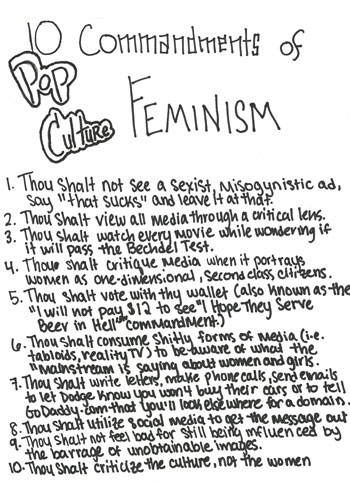
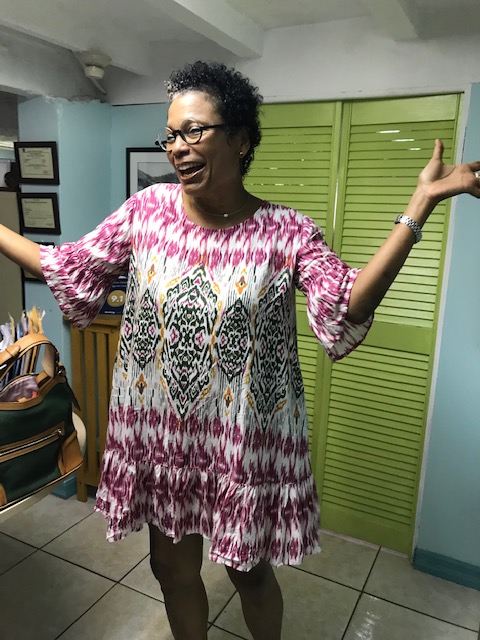 perhaps inherently volatile. One buss up between any two can lead to all kinds of complications as the other friends try to stay non-aligned, or indeed, have points of view. And even when there is no buss up, depending on what else is happening in our lives, we can become less attentive to each other and generally let life get in the way of seeing the heart, the essence of the other person.
perhaps inherently volatile. One buss up between any two can lead to all kinds of complications as the other friends try to stay non-aligned, or indeed, have points of view. And even when there is no buss up, depending on what else is happening in our lives, we can become less attentive to each other and generally let life get in the way of seeing the heart, the essence of the other person.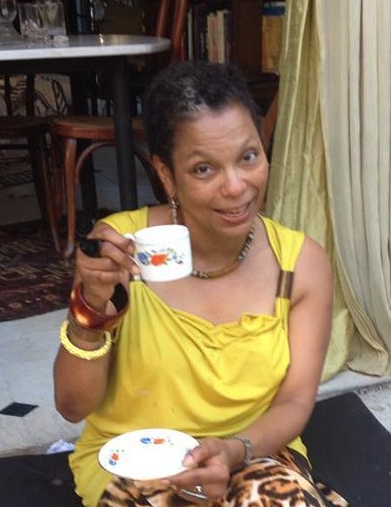 All of that to get back to Ingrid. Our group has had its dynamics but the shared memories of who we were and who we have become keep us connected. Across the years, Ingrid has contained parts of herself to herself. She is a bit of an enigma; has had a very diverse working life, all requiring arcane technical knowledge. But she never talks about that. Ingrid says she is not a joiner, preferring to roam and meander. And so she has friends all over the place.
All of that to get back to Ingrid. Our group has had its dynamics but the shared memories of who we were and who we have become keep us connected. Across the years, Ingrid has contained parts of herself to herself. She is a bit of an enigma; has had a very diverse working life, all requiring arcane technical knowledge. But she never talks about that. Ingrid says she is not a joiner, preferring to roam and meander. And so she has friends all over the place.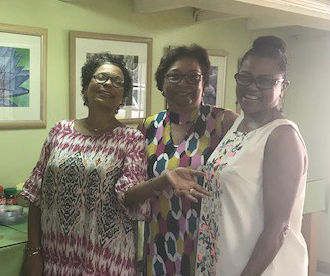
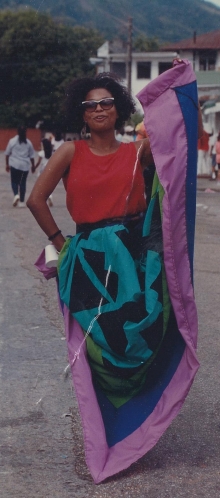 You have to stop and look. She has undeniably great aesthetic taste. Her home is an oasis of restful beauty. You wonder how she thought to put that and that together. She is an artist, simply.
You have to stop and look. She has undeniably great aesthetic taste. Her home is an oasis of restful beauty. You wonder how she thought to put that and that together. She is an artist, simply.